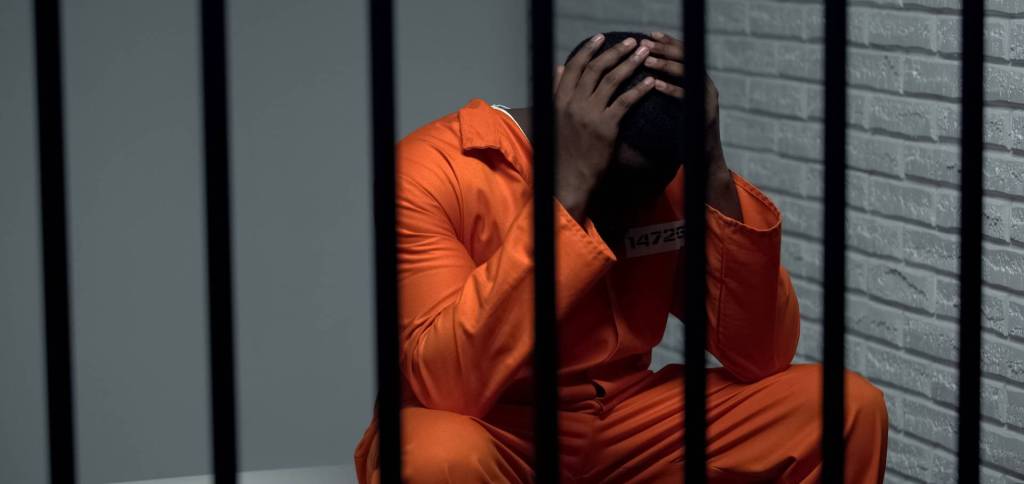All criminal charges should be taken serious. This is especially true if you’re facing a child abuse charge in Tampa. If you’re successfully convicted, you will face harsh penalties besides losing child custody.
The laid out Florida child abuse laws are meant to protect kids from harm. But sometimes, these laws are misused, with unfounded accusations brought forward. At Patrick B. Courtney, we understand that these charges can throw your whole family into a major upheaval. That’s why we advise you to get timely and effective representation.
How Does Florida Define Child Abuse?
Florida law defines child abuse as an intentional act that inflicts or could reasonably inflict physical and mental injury to a child. A person who encourages someone else to commit these acts could also be charged with the same crime. And here, a child is anyone below 18 years.
Remember, anyone who commits child abuse acts on a minor, whether they are the child’s parents or not, can face these criminal charges. More importantly, there’s a difference between child abuse, aggravated child abuse, and child neglect. It’s vital to understand the difference with the help of your child abuse defense attorney in Tampa, FL, if you’re accused of mistreating a child.
Is Child Abuse a Misdemeanor or A Felony in Tampa, FL?
Aggravated child abuse is the most serious of all types of child abuse charges in Florida. It is considered a first-degree felony. If the mistreatment acts don’t amount to aggravated child abuse, you will be charged with child abuse, a third-degree felony crime.
Elements of a Child Abuse Charge
The state will consider charging you with child abuse if the allegations involve willful acts that didn’t cause great bodily harm, permanent disability, or permanent disfigurement.
The prosecution must prove two elements beyond reasonable doubt at the trial
1. The victim must be under 18 years2.
2. The defendant did one of the following:
• Intentionally committed the acts that caused physical or mental harm
• Committed an intentional act that could potentially cause physical or mental injury to the victim
Encouraged another person to commit an act that caused or could reasonably cause physical or mental injury to the victim.
What Are Penalties for Child Abuse?
The punishment for child abuse in Florida varies depending on the defendant’s previous conviction and the impact of the acts.
As a third-degree felony, child abuse or neglect that doesn’t cause bodily harm, disfigurement or disability is punishable by up to five years in prison and/or fines of up to $5,000. More severe forms of child abuse often result in harsher penalties.
Child abuse in Florida is a Level 4 offense under Florida’s Criminal Punishment Code severity ranking. A judge may sentence the accused to the statutory maximum of five years, but could also be sentenced to probation.
What Is the Penalty for Aggravated Child Abuse in Florida?
The use of extreme violence could increase your penalties. In Florida, aggravated child abuse is defined as willfully torturing, maliciously punishing, committing aggravated battery, caging or abusing a child in ways that cause bodily injury, permanent disfigurement, or permanent disability.
Aggravated child abuse is punishable by up to 30 years in prison, 30 years of probation, and fines of up to $10,000. It is a Level 9 crime in the severity ranking and the judge is required to impose a minimum sentence of 48 months in prison.
Once arrested and charged with this offense, avoid speaking or giving any written statements. Exercise your right of attorney and contact your Tampa child abuse defense attorney immediately. Don’t wait, as you only have a narrow window to act before the prosecution moves forward with a formal charge.
What Defenses Can I Use Against Child Abuse Charges?
You can take advantage of several defenses in a child abuse charge. Sometimes it’s just a matter of misunderstanding, but which can have dire consequences for you. Other than compiling evidence in your favor, there are other strategies Tampa child abuse defense attorneys may use. They include:
- Parental privilege – a parent or teacher has the right to discipline a child in a reasonable manner. But if the injuries are not minor bruising, this privilege doesn’t apply.
- Accidental act – e.g., if a child’s hand accidentally got injured while you were closing the door. Or if it resulted in other circumstances, like engaging with a fellow child in school.
- False accusations
- Insufficient evidence
Coming up with the best defense strategy depends on the specific circumstances of your case. There’s a need to get in touch with a skilled child abuse lawyer in Tampa as soon as possible to start exploring a suitable defense option.
Can A Child Abuse Conviction Affect My Parental Rights?
A conviction of child abuse, aggravated child abuse, or child neglect could lead to a termination of your parental rights. These rights could include the right to spend time with your child, make decisions concerning the child’s welfare ad upbringing, or even the right to communicate with your child. Sometimes the termination of these rights is permanent and irreversible.
You’ll also be subjected to thorough investigations, possibly have to endure separation from your kids, and be compelled to take and complete parenting classes. Sometimes the judge may even add the offender to the child sex offender register.
The seriousness of these charges should prompt you to take action immediately. You need a skilled team of experts on your side throughout the process.
An Aggressive Criminal Defense Lawyer On Your Side
Child abuse charges can disrupt everything you hold dear. When you have these accusations, a lot is at stake. The penalties are harsh, with far-reaching implications like losing custody of your child.
You need an aggressive criminal defense lawyer in Tampa who can walk you through the process and employ different strategies to fight the charges. The Tampa child abuse attorneys at Patrick B. Courtney battle these types of felony charges in Sarasota, Polk, Pasco, Hillsborough, Manatee, and Pinellas counties. Book a FREE case evaluation today to discuss the details with us.









